Private technology equity in Silicon Valley has experienced unprecedented and uncontrolled growth in past years, resulting in a current correction in valuations as growth slows. This issue may lead to a major crash later this year bearing similarity to major technology crashes in the past.
After a run up of stock valuations of technology companies over the past 5 years, Silicon Valley is in the midst of a major correction. However, this should not be a surprise to many because major corrections similar to this seem to occur roughly every seven years — 2001, 2008, 2016.
One of the most significant crashes in technology history was the dot-com crash of 2001. The dot-com bubble grew from 1997 to 1999 when there was a great surge in equity markets fueled by investments. However, during the years between 1999 and 2001, there was a major decrease in the values of these technology companies, which devastated Silicon Valley.
During this bust, many companies completely failed, and those that did not deteriorate entirely lost a large portion of their market capitalization. During the entire crash there was a loss of five trillion dollars in the market values of tech companies.
As the valuations of the public technology companies have skyrocketed over the past few years, so have the valuations of the private companies that have tried to emulate them. During this time, venture capitalists not wanting to miss out on profits have been more than willing to pay their prices.
As a result, 146 unicorns were created. A unicorn is a private technology company that is valued at more than one billion dollars. The only problem was that very few of these unicorns had the money from investments to support their valuations.
So when the public market stopped issuing IPOs this quarter, and the valuations of many public technology companies started dropping, the dominoes started falling.
As a result, the valuations of the unicorns trying to piggyback on the success of the public companies by comparing themselves to the successes of the public companies so investors will view them as more successful. And most of these unicorns reside right here in Silicon Valley. Even the seemingly most successful of the unicorns — Uber, Snapchat, Airbnb — have had huge drops in valuations. Some unicorns valuations have dropped by up to 50%.
Recently, the venture capitalists supporting their portfolios have sounded the call to cut expenses because the many venture capitalists may not be investing in companies anytime soon. The venture capitalists are curtailing their investments to conserve their capital so companies will have a possibility of a future. With the IPO market shut down, there are very few places left to get necessary capital.
The crash will cause many smaller privately-owned companies to fail, and there will be far fewer technology companies in Silicon Valley. Many unicorns will likely die because they are losing money too rapidly, so no one will be willing to give them more money to stay alive. Private companies are more affected by this because they have not secured an IPO at this point, so it is harder for them to support their company financially. Many of the companies that have gone public are not in the same situation because they do not rely on venture capitalists for investments to keep their companies alive. The unicorns with more substantial businesses will be able to stay alive, but they will have to slow their growth rate because they will have less capital to use. This will cause layoffs at many private technology companies, especially the unicorns.
If the companies can get financing, it will be at a much, much lower valuation. So we are starting a period where tech companies will start to cut expenses in a bid to get profitable. It will likely take a few years and lead to layoffs, but once profitable the companies will then gain value and the market for IPO’s will eventually open again. Unfortunately, most of the unicorns will likely die in the process.
People should be more aware of this recurring cycle of crashes in private tech companies so that we can work on a solution to this cycle. If we are slightly more cognizant of the process of reevaluations of tech companies, they can be better informed about factors that can affect their own daily lives.

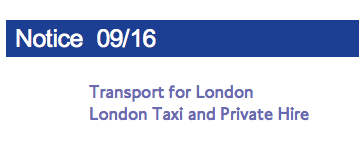

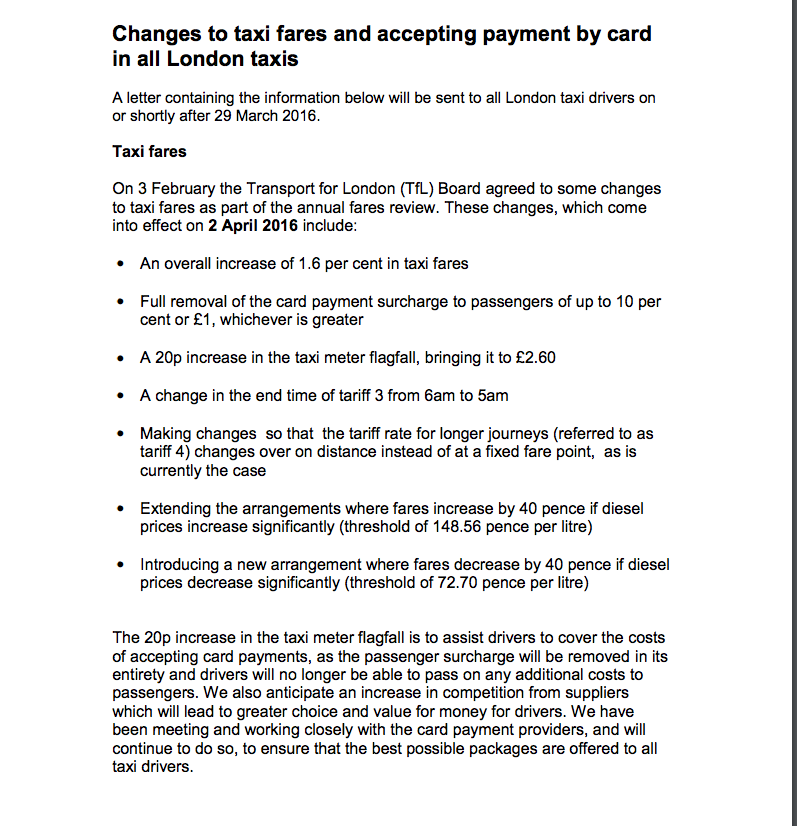
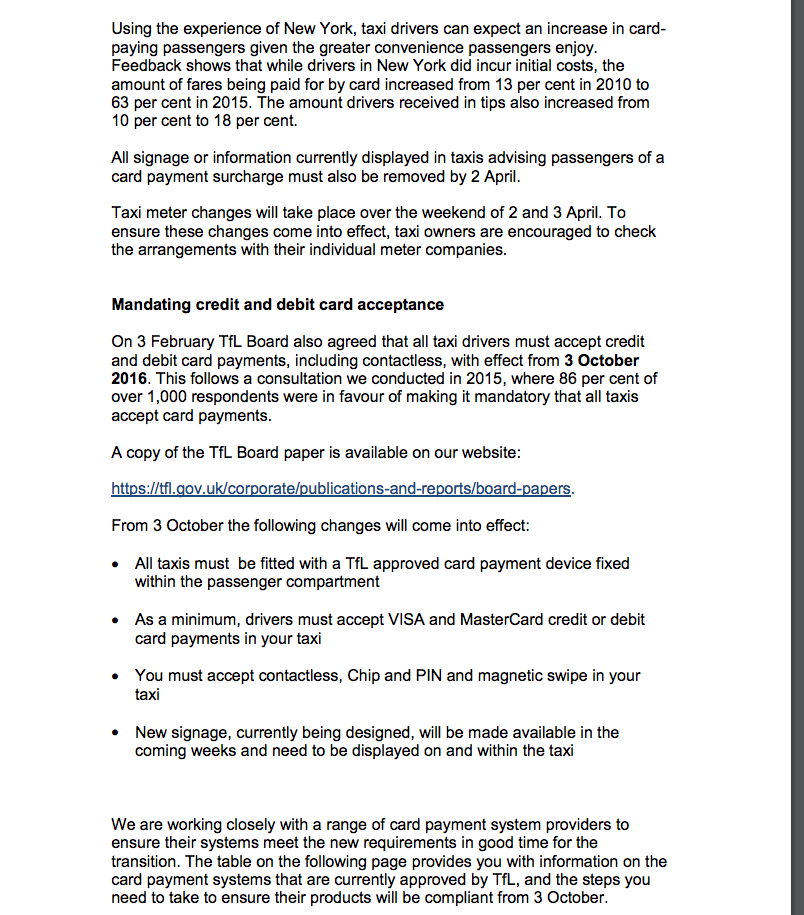
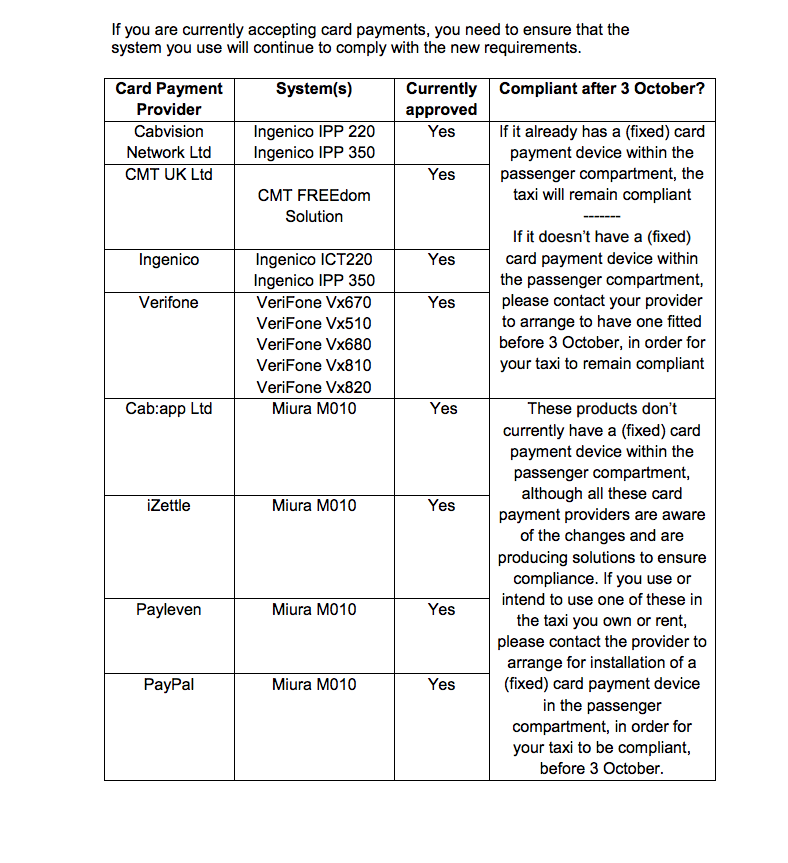
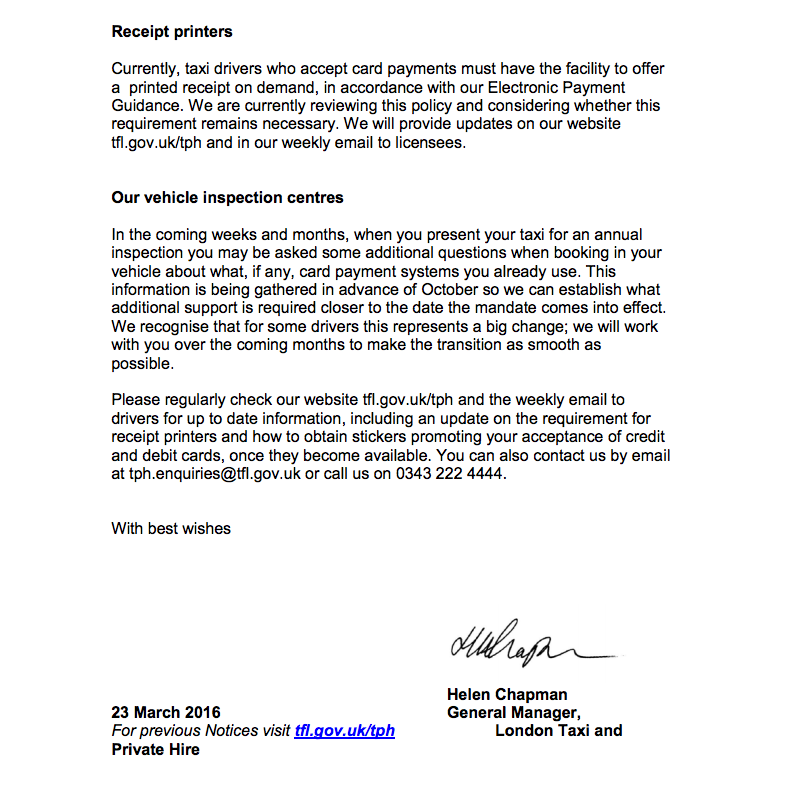
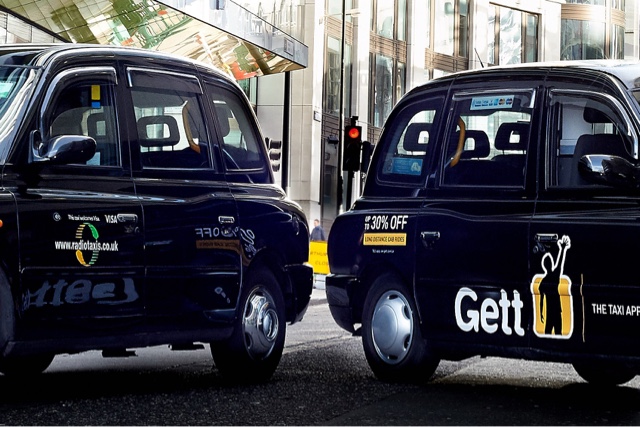
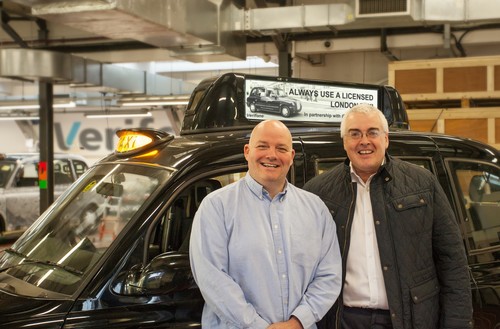

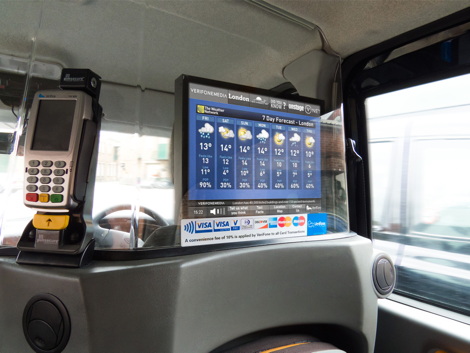


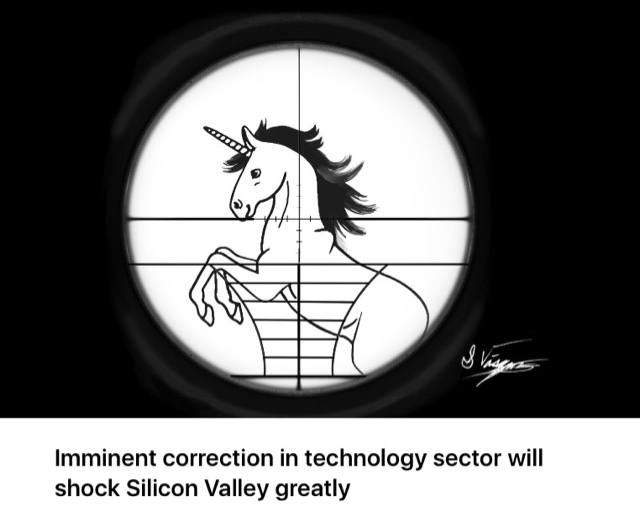






Recent Comments